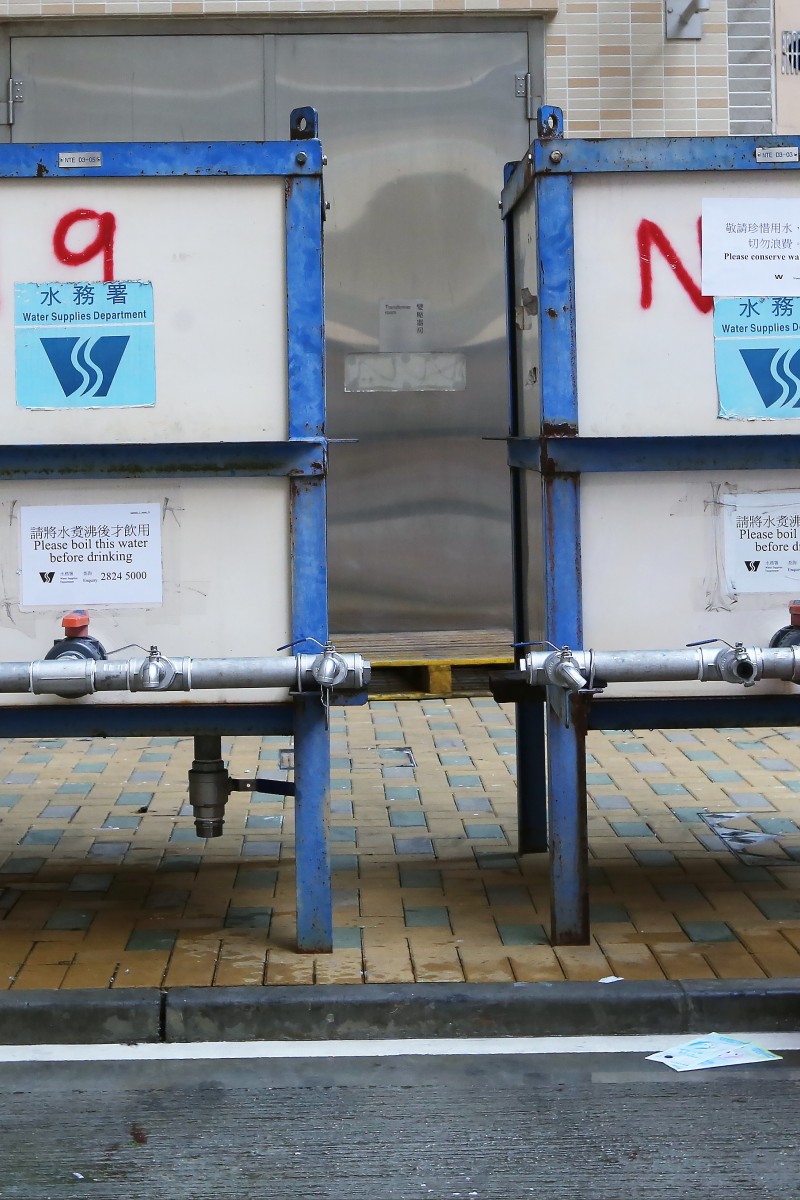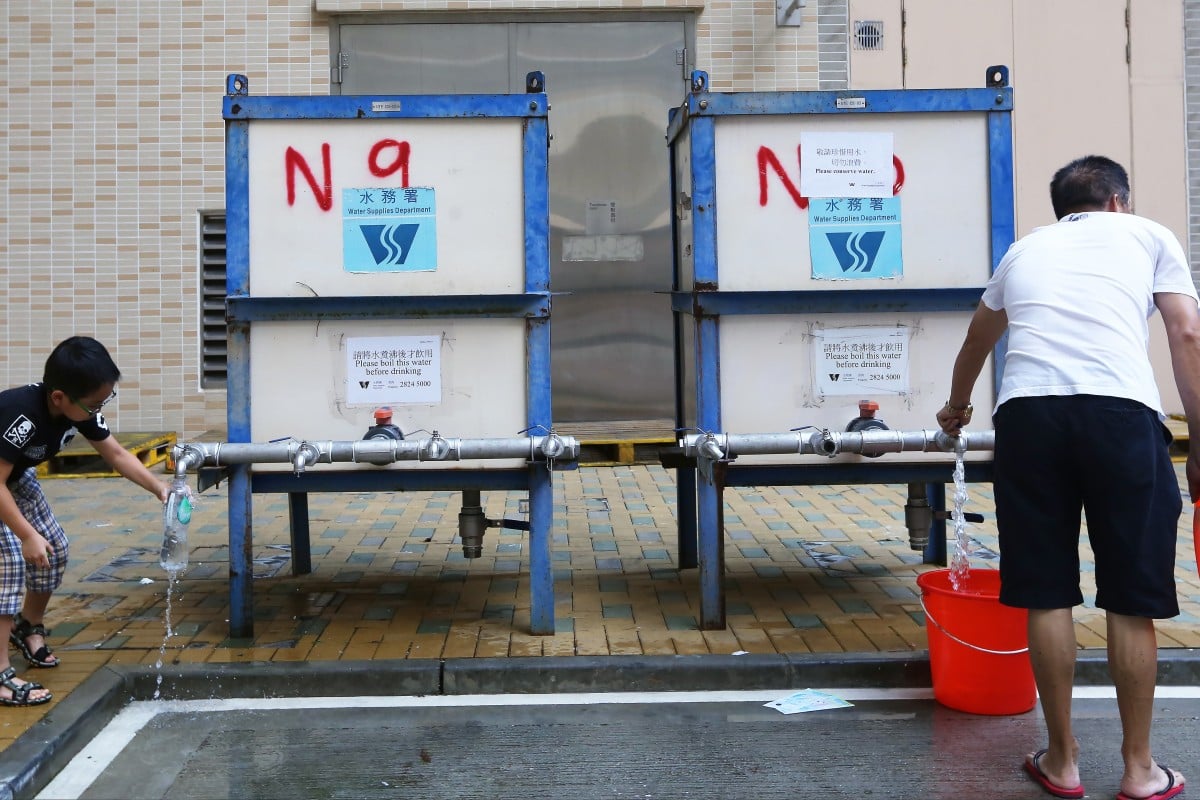
Face Off: did the HK gov wait too long to test waters after the lead in water scandal?
Each week, two of our readers debate a hot topic in a parliamentary-style debate that doesn’t necessarily reflect their personal viewpoint. This week...
 The lead water incident caused great inconvenience to residents of certain housing estates.
The lead water incident caused great inconvenience to residents of certain housing estates.Leeann Tong, 16, Sha Tin College
The health and well-being of Hong Kong citizens should be the government’s top priority, and finding high levels of lead in the water pipes of housing estates should have been a clear indication that something had to be done before the situation escalated into something more serious.
It has taken two whole years to implement water testing in different residential buildings, which is far too long. The government is lucky that the residents of the affected areas had outdoor communal pipes to fall back on as an alternative water source — but what if they didn’t? What if were discovered that an apartment complex had abnormally elevated levels of lead in its water this entire time? The government — and the Hong Kong people — would have to face dire consequences.
Even now, five people have been found with mildly elevated levels of lead in their blood — a reminder of the long-term effects of such an incident.
I understand that organising and preparing tests for lead in water pipes takes some time, but two years is too long. The affected residents didn’t deserve to face two years of uncertainty on whether the water in their taps was safe to drink or not.
The health risks associated with high levels of lead — as well as other harmful metals such as nickel and copper — are not laughing matters. Even small amounts of lead accumulated in the body can lead to stunted growth, damage to the nervous system, reproductive problems and many other symptoms.
The biggest danger lies with children, whose growth and development can be severely stunted because of lead poisoning. It’s not just lead, either — high levels of nickel in water can be carcinogenic and toxic, and high levels of copper have been associated with liver damage and kidney disease. Testing for these metals earlier— even a little bit — could make the difference between curable symptoms and death.
To prevent anything like this from happening again, the government should implement regular testing of drinking water across the city and, more importantly, warn residents if the presence of these metals reaches dangerously high levels.
Tanaya Wagh, 16, Sha Tin College
No, the Hong Kong government did not wait too long to test the waters.
Ever since Carrie Lam Cheng Yuet-ngor was appointed chief executive, the government has had bigger priorities and, therefore, simply cannot oversee everything in detail.
Lam has been implementing several important economic, cultural and environmental policies. For example, she has invested a lot of money into providing district-based health care, a new education infrastructure and increasing young people’s participation in government policy — so to call the government neglectful for waiting two years to act on a relatively minor issue is, frankly, misguided.
The problem isn’t that the government waited too long to act on this issue — it’s the poor policies and lack of action to prevent this incident in the first place.
An investigation by the commissions’ inspection revealed that lead contamination in the pipes was due to the contractors and plumbers using prohibited lead solders. The government must crack down on this type of illegal activity.
Furthermore, lawmaker Helena Wong Pik-wan stressed the need to take “first draw” water samples to check whether or not the water has been infected with pollutants. This means sampling stagnant directly from the, rather than “collecting random water samples annually”- as the government intends to do.
Despite the overwhelming public response, the government has failed to address the citizens’ concerns. For instance, no water supply tests or filters were installed in kindergartens, even though it is well-known that children under the age of six are the most susceptible to lead poisoning.
As Wong recently stated: “We need a stricter regulatory regime to ensure compliance of the use of plumbing materials. An independent body is needed to conduct checks and inspections for quality control.” Only then will this water problem be effectively solved.